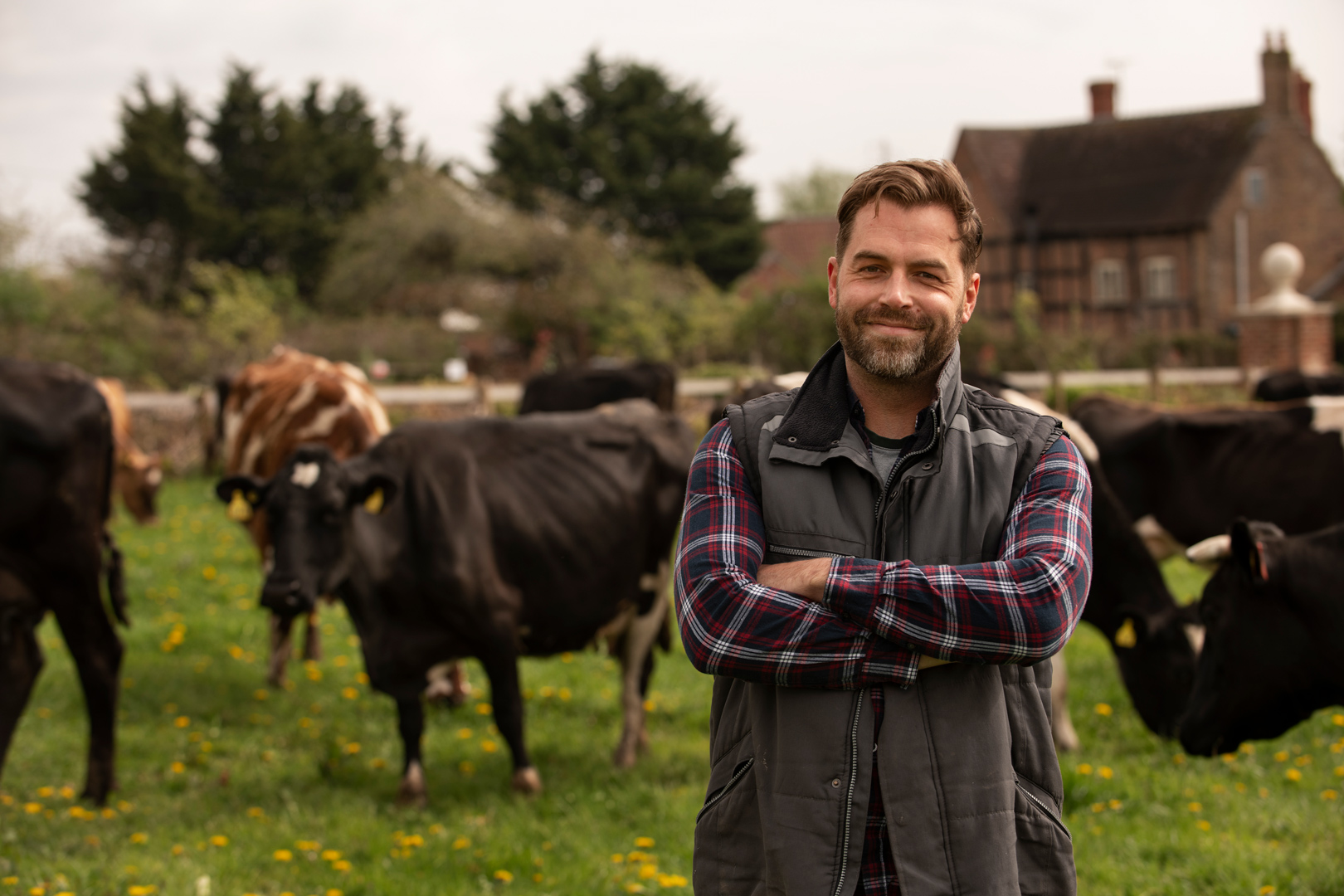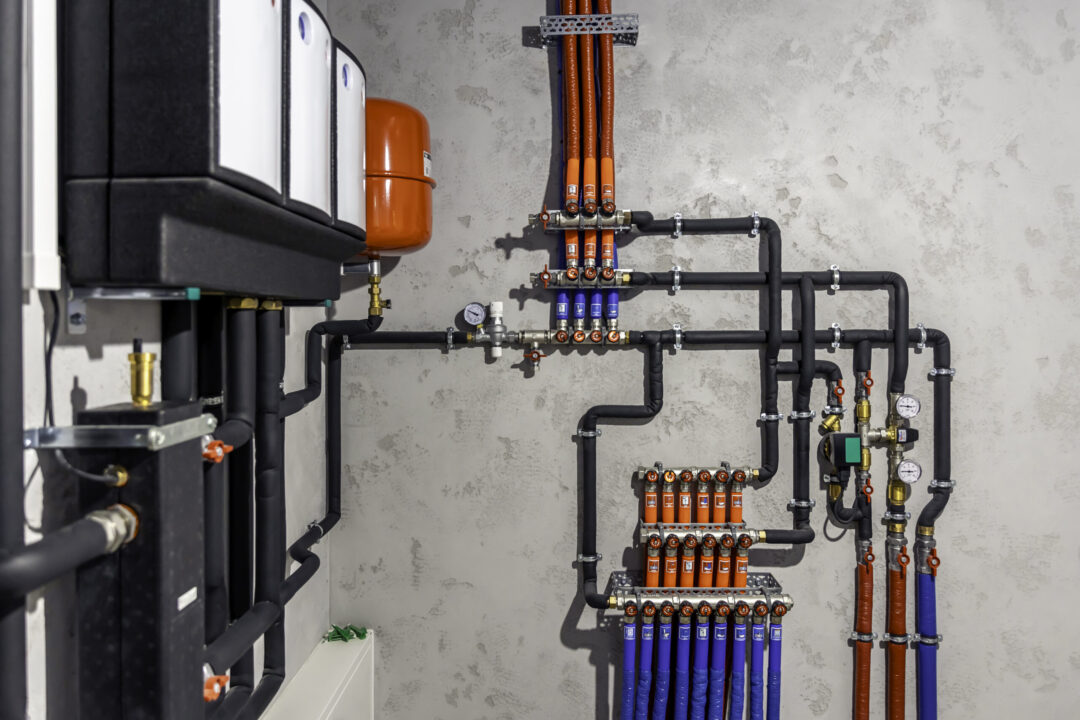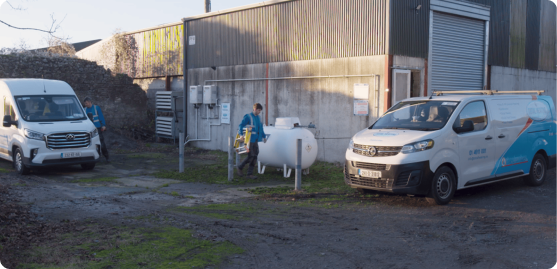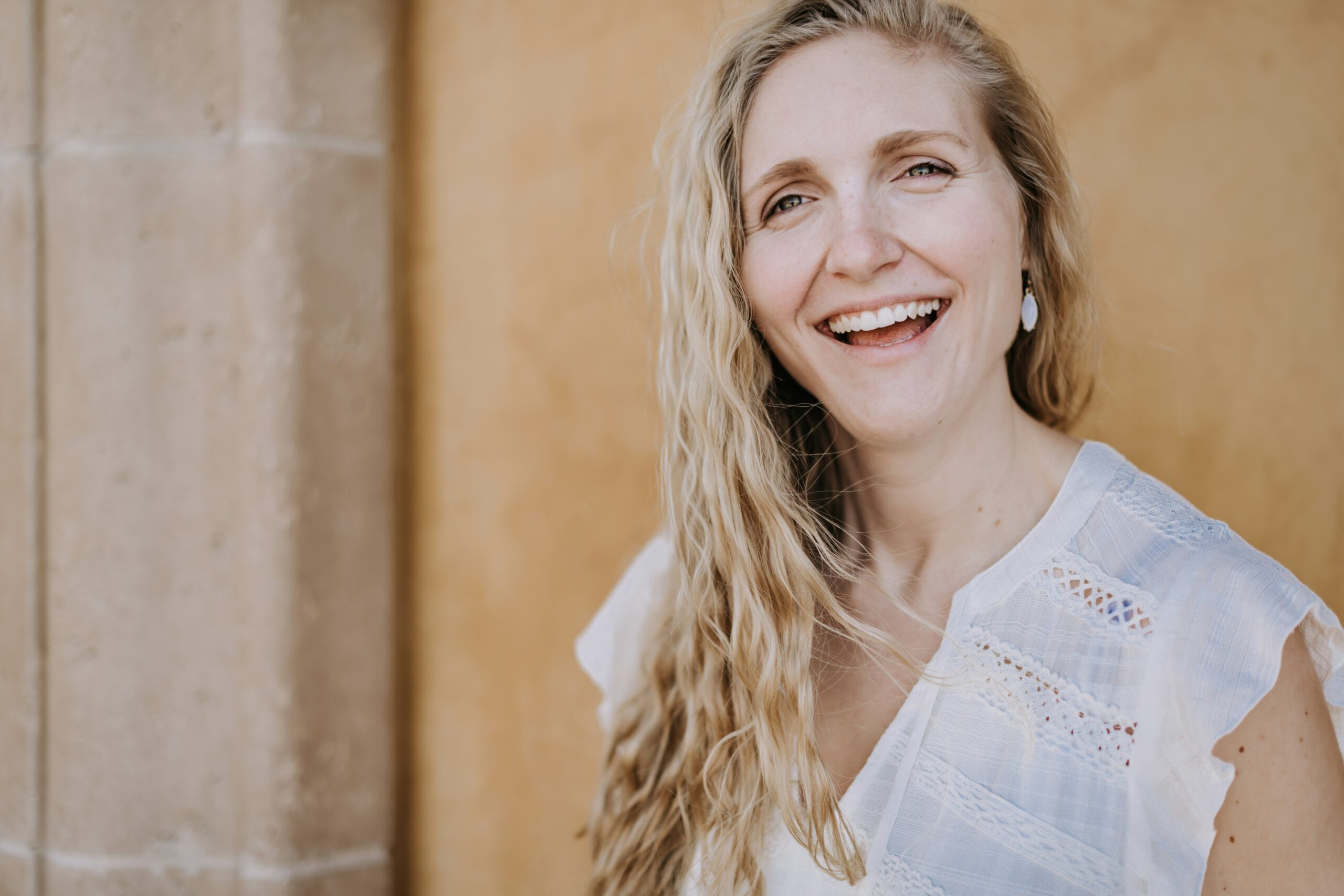Our happy clients
I would like to say a big thank you to everyone in your company for fitting my new Bosch Boiler in May. Everyone was so professional. They arrived on time, used plastic covers to save my carpet, answered my questions (even the stupid ones?) and got straight to work. I would highly recommend them.
Maura Wilson











